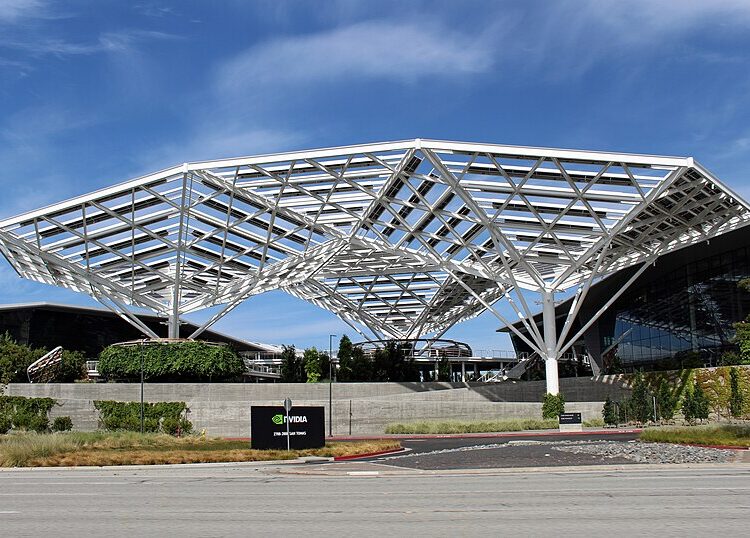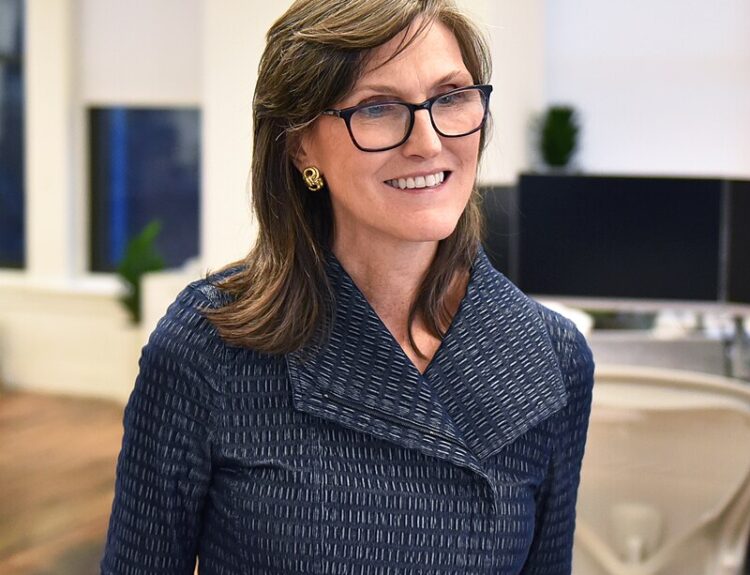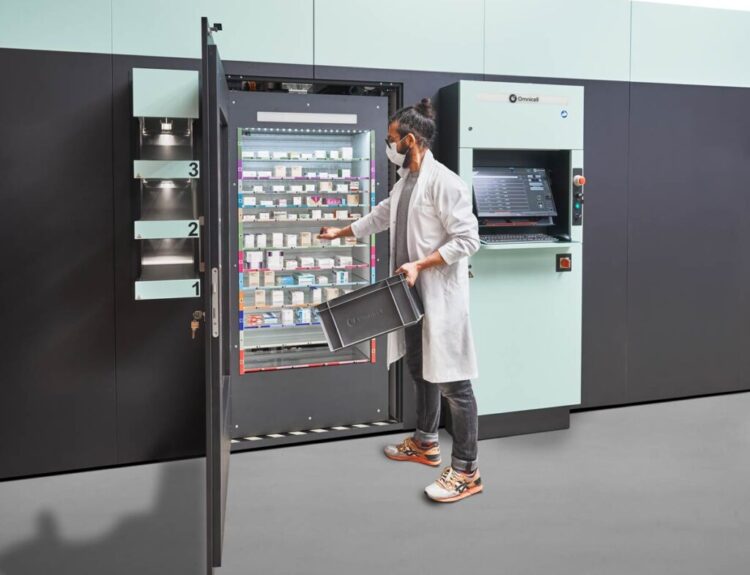Investors thrilled as Tesla gains approval to sell FSD in China
- Tesla CEO Elon Musk can now sell Full Self Driving (FSD) in China
- Investors sent Tesla shares up 15% on Monday
- Potential pitfalls include data privacy and AI-based training of FSD software
- Tesla’s use of Nvidia chips for training computers may be an issue in China
- Tesla needs to be careful with its treatment of Chinese driver data
- Citi analyst believes Tesla can separate FSD development and data control for China
- Financial windfall from FSD in China may not be huge
- Robotaxi business could have more earnings upside potential
- The biggest benefit from FSD will be when cars can truly drive themselves
- Tesla stock was falling in premarket trading
Tesla CEO Elon Musk has won the ability to sell the company’s highest-level driver-assistance product, Full Self Driving (FSD), in China. This news has excited investors, leading to a 15% increase in Tesla shares. However, there are potential pitfalls to consider, such as data privacy and AI-based training of the FSD software. Tesla’s use of Nvidia chips for training computers may pose a problem, as these chips cannot be sold in China. Additionally, Tesla must handle Chinese driver data with caution to comply with data control regulations. Citi analyst Jeff Chung believes that Tesla can address these issues by separating FSD development and data control for China. However, he does not anticipate a significant financial windfall from FSD in China, estimating a potential revenue of $500 million per year if 25% of Tesla’s 1.7 million Chinese vehicle owners pay $99 per month for FSD. Chung suggests that the robotaxi business could have more earnings upside potential. Ultimately, the true benefit of FSD will be realized when cars can drive themselves. In premarket trading, Tesla stock was falling.
Factuality Level: 3
Factuality Justification: The article provides relevant information about Tesla CEO Elon Musk winning the ability to sell Full Self Driving in China and the potential benefits and pitfalls for the electric-vehicle maker. However, the article contains unnecessary details about the analyst’s coverage of Tesla stock and their comments, as well as speculative information about potential financial windfalls. The article also includes unnecessary background information about Tesla’s training computers and Nvidia chips, which are not directly related to the main topic.
Noise Level: 3
Noise Justification: The article provides relevant information about Tesla CEO Elon Musk winning the ability to sell Full Self Driving in China and the potential benefits and pitfalls for the electric-vehicle maker. It discusses data privacy concerns, the use of Nvidia chips, and the treatment of Chinese driver data. The article also mentions the financial implications of selling FSD in China and the potential future earnings upside from a robotaxi business. Overall, the article stays on topic, supports its claims with examples, and provides actionable insights for investors and analysts.
Financial Relevance: Yes
Financial Markets Impacted: Tesla shares
Presence Of Extreme Event: No
Nature Of Extreme Event: No
Impact Rating Of The Extreme Event: No
Rating Justification: The article discusses the impact of Tesla CEO Elon Musk being able to sell the company’s Full Self Driving (FSD) product in China. This news has led to a 15% increase in Tesla shares. The article also mentions potential pitfalls for Tesla in selling FSD in China, such as data privacy and the use of Nvidia chips that cannot be sold in China. However, a Chinese auto analyst believes that these issues can be resolved. The financial impact of FSD in China is estimated to be around $500 million in incremental revenue per year, which would add about 10 cents in per-share earnings.
Public Companies: Tesla, Inc. (TSLA)
Key People: Elon Musk (CEO of Tesla, Inc.), Jeff Chung (Analyst at Citi), Itay Michaeli (Analyst covering Tesla for Citi)
Reported publicly:
 www.marketwatch.com
www.marketwatch.com 





